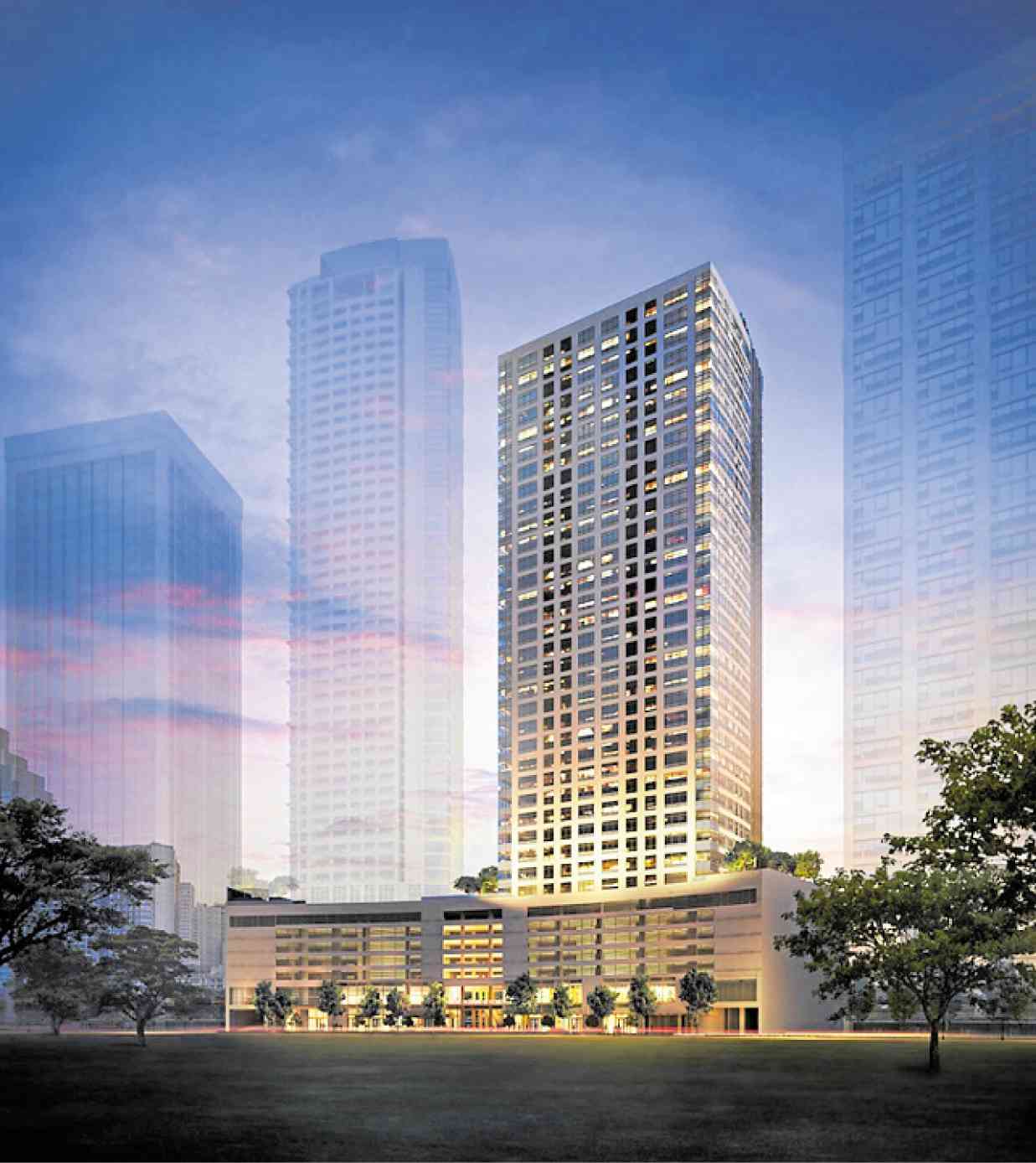Viable investment despite the pandemic

Among the business hubs likely to benefit from a pick-up in residential demand is Ortigas Center. — Mjdiamzon/Wikipedia
I have conducted countless property webinars during the lockdown and the questions that I receive revolve around the viability of condominium as an investment amid the COVID-19 pandemic.
Questions, ranging from the projected drop in average condominium prices to pace of recovery of the property market, were raised. Is the condominium market party ending soon? When will the pent up demand for condominium units kick in again? Is condominium investment a safer bet amid the pandemic and the global economic crunch?
During my webinars, I usually present a graph showing Philippine economic growth criss-crossing average condominium price increase in Metro Manila. It showed a steady increase in condominium prices despite the boom-bust economic growth cycle starting in the late 1990s. It also indicated property being a more stable investment against more volatile alternatives, such as stocks. This explained why condominiums remain an attractive investment option in the country. Despite an economic slowdown, we believe that Filipinos will continue to consider property, particularly condominiums, as a viable option.
But it is not just the locals who are enticed to invest in the Philippines. Over the past few years, foreign investors have been encouraged by yields offered by the Metro Manila condominium market, which are among the most competitive in the region. In our opinion, this is one of the factors that could potentially revive demand for the residential market especially once the pent up demand for condominiums resurfaces starting 2021.
Condominium units in Metro Manila are an attractive investment option because of several features. Developers have been highlighting these despite the pandemic and we believe that these qualities will continue to make property an attractive investment option even after the pandemic wanes.
Article continues after this advertisementIntegrated communities
Colliers believes that the COVID-19 pandemic highlighted the need to be in an integrated community. Condominium investors and end-users, for instance, have become more aggressive in scouting for properties that are within estates. Colliers believes that in the next 12 to 36 months, the demand for residential projects will likely hinge on integrated features, i.e. residents having immediate access to essential goods and services. The pandemic and physical distancing protocols further underscored the need to have immediate access to health services and facilities. Hence, Colliers recommends that developers highlight the integrated features of their residential projects and for investors to continuously look for projects within estates.
Article continues after this advertisementConvenience, mobility
Colliers sees tremendous opportunities in the millennial workers’ desire for convenience. While some economies are struggling due to their aging population, the country’s young workforce will play an important role in helping revive the country’s economy post COVID-19. The young and dynamic workers’ surging purchasing power should help buoy residential demand across the country especially once market sentiment starts to improve.
Colliers sees the millennial workers, who account for about 40 percent of the country’s labor force, sustaining the demand for estate projects. The concept of building offices, condominiums, hospitals and other institutional facilities within one community satisfies the millennials’ demand for greater mobility and convenience. By 2030, millennials and the next generation will comprise about 70 percent of the country’s workforce based on data from the Philippine Statistics Authority (PSA). A 2015 Urban Land Institute (ULI) report noted that about 60 percent of millennials would like to live where they do not need a car often and that this market will continue to be a strong driver of demand for compact and mixed-use communities.
Property management, sanitation
Colliers sees residential investors and end-users becoming more discerning. The pandemic has raised the need to strictly implement physical distancing protocols and property management procedures within residential buildings. In our opinion, developers and property management firms should highlight sanitation and emergency preparedness as these are among the major considerations of buyers moving forward. Undeniably, these are busy times for our property and residential asset management units, given the greater need to have in place sanitation, emergency preparedness and business continuity measures.
Our residential asset management services unit, for instance, is designed to protect and market property investments by taking charge of the whole process from marketing to maintenance: from listing promotions and unit inspections, to repair and upkeep coordination. Colliers Philippines has an in-depth knowledge of the real estate market and processes, as well as the expertise to resolve potential issues. This should help preserve the value of buyers’ residential investments.
Differentiation
Over the past few years, developers have become more aggressive in acquiring parcels of land that could be developed into masterplanned communities featuring high-rise condominium projects. In an increasingly competitive environment, developers need to distinguish their projects from others. Apart from the typical land uses such as office and residential, developers should also incorporate institutional uses such as healthcare. With physical distancing protocols mandated by the government and property management firms, having a supermarket within an integrated community is also an important feature for a lot of condominium buyers.
Gearing for recovery
Colliers Philippines believes that while we see a slowdown in the property market in 2020, the economic rebound projected by the Philippine government, credit rating firms, and foreign banks in 2021 is likely to support growth for the property sector.
Colliers believes that a rebound of Metro Manila’s office sector in 2021 is likely to have a spillover impact on residential demand. We see the Metro Manila condominium market being among the first sectors to recover especially once market sentiment starts to improve in the fourth quarter of the year.
Therefore, Colliers expects an increase in residential demand in key business districts where outsourcing and traditional occupiers are concentrated. Among the business hubs likely to benefit from a pick-up in residential demand is Ortigas Center. This should be complemented by new office towers due to be delivered within the business district and infrastructure projects such as the BGC-Ortigas bridge.
Both investors and developers should also consider that the long-term growth prospects for the Metro Manila condominium market look good despite the pandemic. The property sector, for instance, is among the major beneficiaries of the government’s “Build, Build, Build” program. Aside from dictating the strategies of condominium developers in the capital region, these projects, once completed, should help raise land and condominium prices in Metro Manila.
